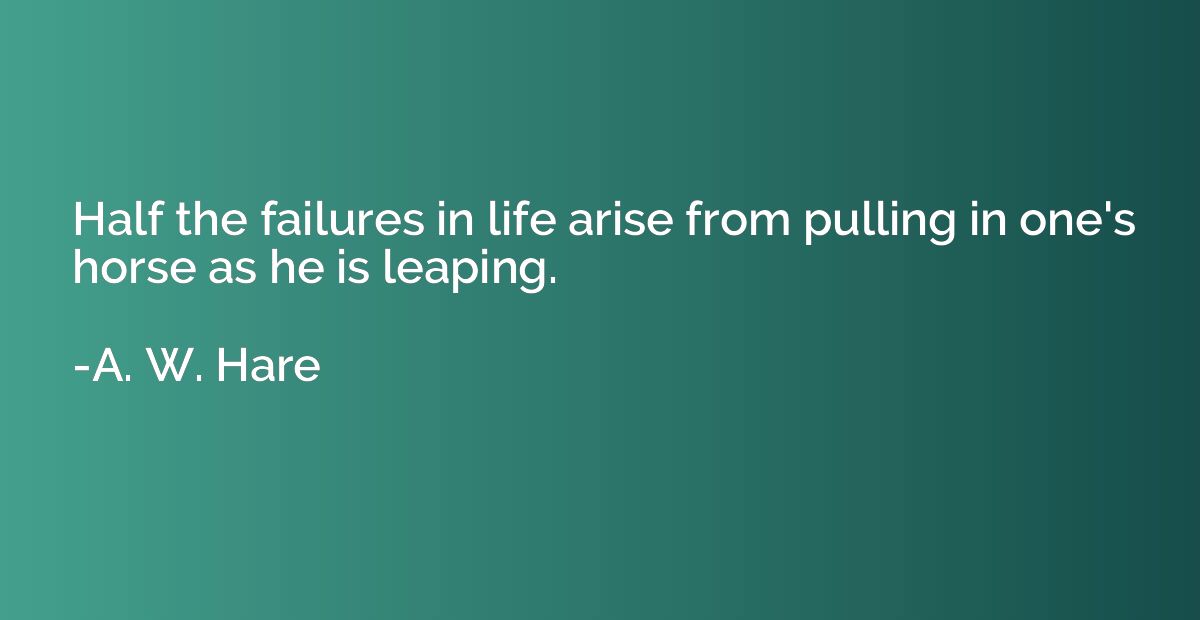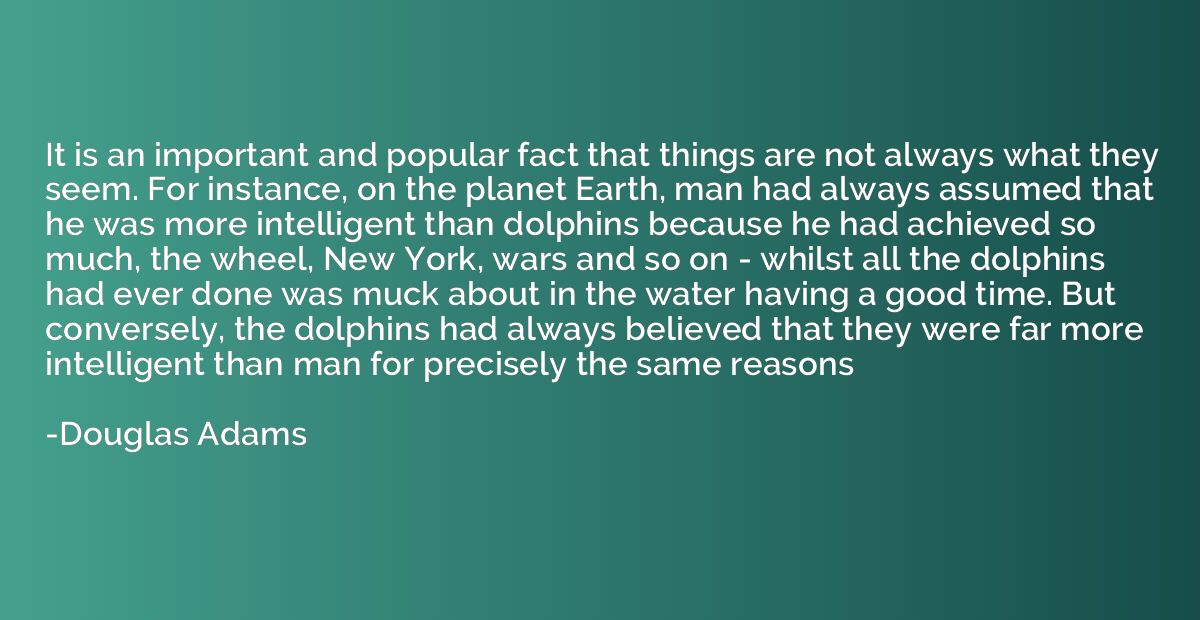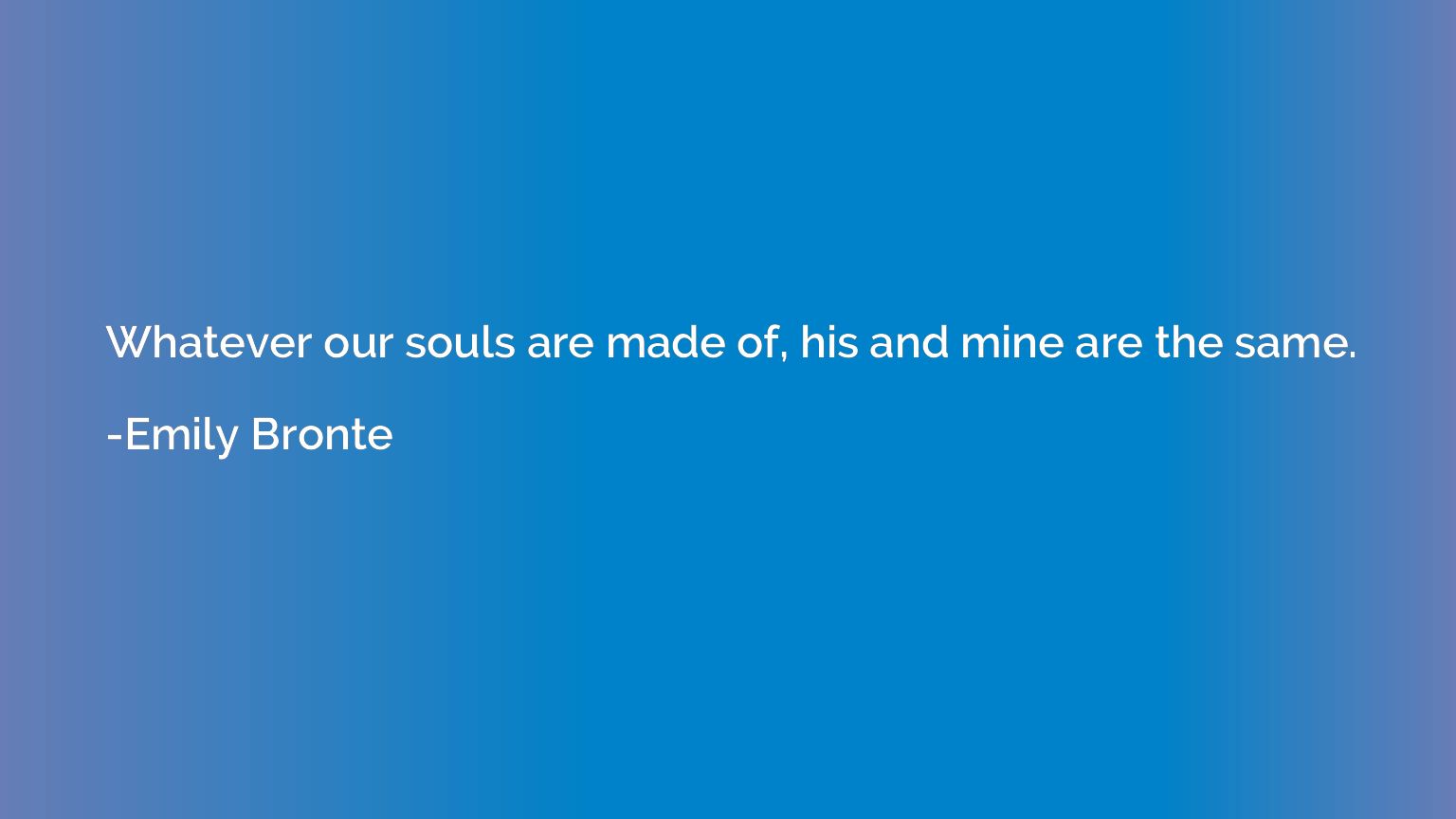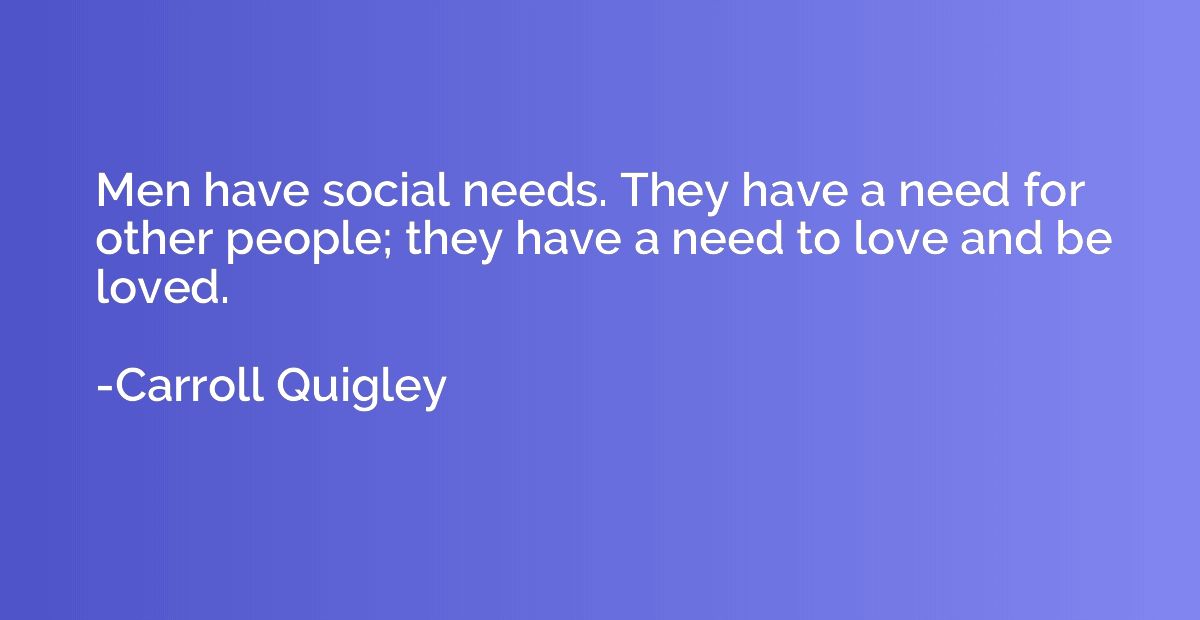Quote by Jesse Eisenberg
Society will decide after the technology is created what we will and won't accept.
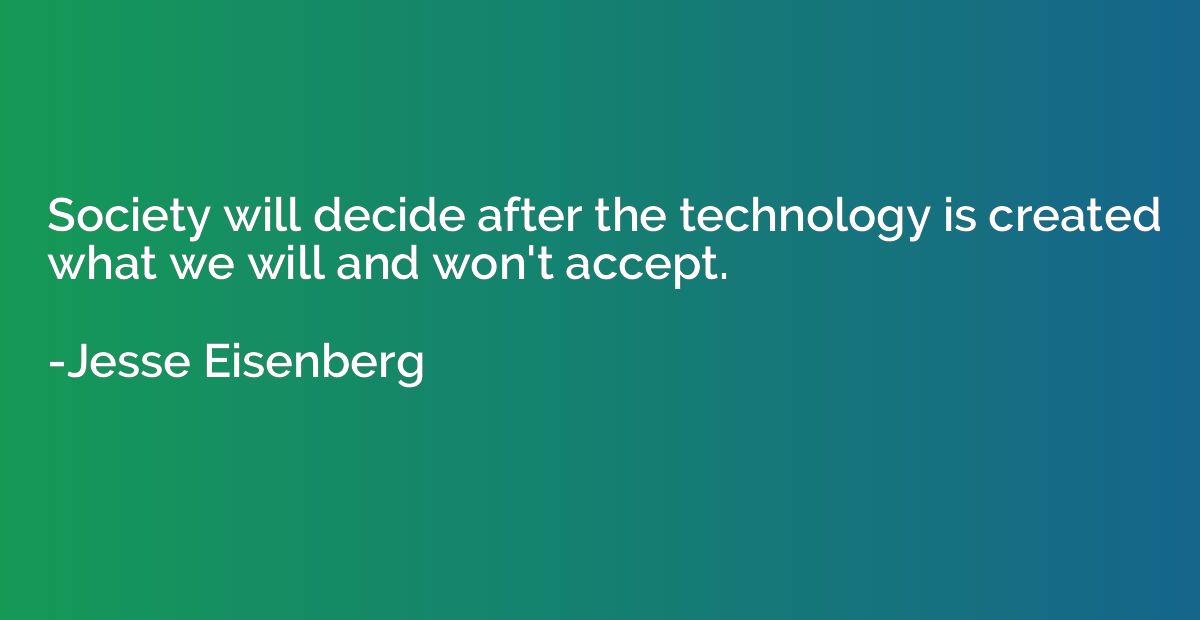
Summary
This quote implies that advancements in technology often outpace society's ability to determine their ethical and moral boundaries. It suggests that society adapts and establishes norms and regulations only after technological innovations are introduced. Rather than proactively setting guidelines, society tends to react to the potential benefits and risks of technology, deciding what is acceptable or unacceptable based on its impact on society. Ultimately, this quote highlights the dynamic and constantly evolving relationship between technology and societal standards.



